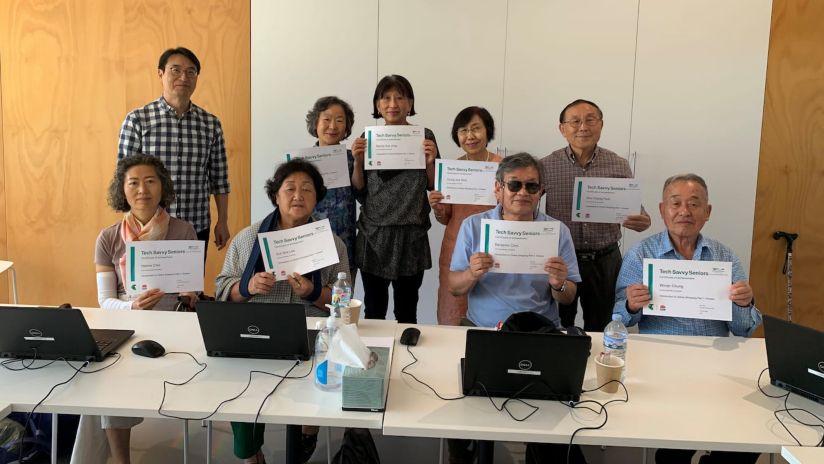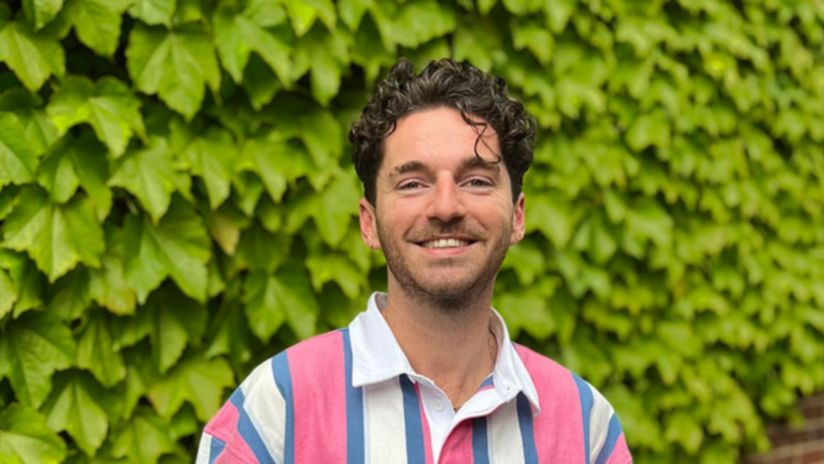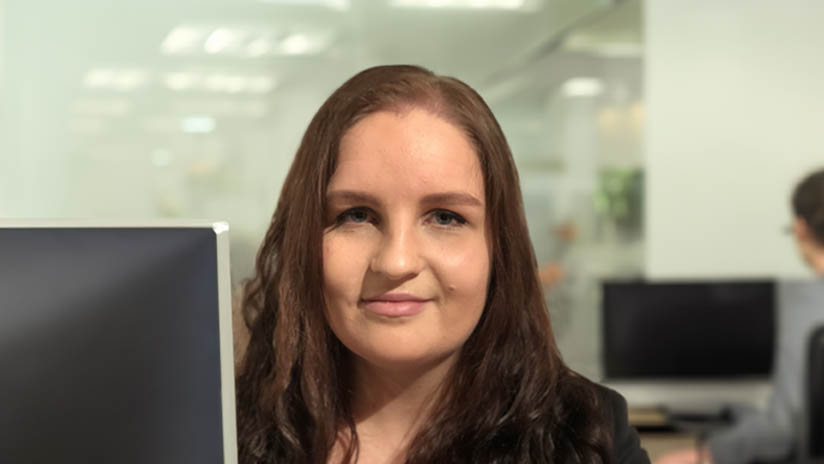Why accessibility should never be an afterthought
Constructive conversations about accessibility begin by asking people who face the frustrations of exclusion every day, says Telstra Senior Accessibility Specialist Brady March.
I’m a young (*cough cough), cisgender, white male, born and raised in Australia. Many would say that I’ve won the lottery being able to say that, and they’re certainly not wrong.
I also live and work with hearing loss. It’s well managed with the use of hearing aids and having volume control on most of the ways that I connect with people, but it still has a very significant impact on my life.
Not so much that I can’t live and work like most people, but enough for it to wear on me, make me feel excluded, or make me not want to be a part of things that are going to be too hard to engage in.
It also impacts me enough to know how much harder it would be for those who live and work with disabilities more limiting than mine.
Let me tell you a story
In 2021 I went to get vaccinated at one of those big hubs. While I was in the queue, an official wearing a mask approached to give me some instructions. Her voice was soft, and her mouth was covered by a mask - not only preventing lip-reading, but also reducing her speech volume. On top of that, there were 100 people in this huge, echoing hall - all making noise.
And guess what? I couldn’t hear a single word she said. I only knew she was talking because I could see her mask moving. As a result, I had no idea what I was meant to be doing and no way of finding out.
Now, I’m not criticising the official doing her job, nor the people who’d worked so hard setting up a mass vaccination hub. They were all doing the best they could in a world where resources are tight, and where we've been taught that accessibility is an option, or an afterthought.
Imagine if we lived in a world where making everything accessible was a given.
Over the past year or so, I’ve spoken at various online events, to audiences of between 100 to 2,000 people. And at every one of those events, I’ve fought hard to ensure that closed captions are available for people with hearing limitations so that they're able to participate like everyone else.
How can I possibly speak about the importance of accessibility without including the people who live with the same disability as me?
It’s amazing that we live in a society where access ramps are mandatory in public places, where hearing loops are the norm in train stations, and where our street crossings have that little beep (which is a game changer for vision impaired people needing to cross the street). I don’t want to play that down. But it’s not enough.
Pushing accessibility to the forefront
The more I look at the world around me, the more I realise that accessibility is often an afterthought. It’s something we consider because we’ve been told to.
It might be legislated that we have to meet certain accessibility criteria, or it might be because someone has said they’re unable to use a service because it's not accessible.
But for the most part we consider accessibility because it’s been requested of us, not because it’s second nature. That needs to change.
Accessibility is at the front of my mind a lot of the time, but I still fail constantly at incorporating accessibility into my daily life. Why? Because I don’t know what I don’t know.
I know first-hand what it’s like to be deaf. I can make my engagement with the world accessible because I have experience. But I don't know what it's like to be vision impaired, have limitations around mobility, or live with neurodiversity.
Let me paint you a picture: you go to a shopping centre and park your car. You get out of your car and follow the signs to the entrance. Only problem is, when you get to the entrance, it’s just a painting of a door on a brick wall. It sounds absurd, doesn’t it? But that’s the day-to-day experience of people with various impairments or limitations in our inaccessible world.
Consider accessibility everyday
So, what can we do as a society, to put accessibility front of mind? Well, it’s not always simple, if it was, we would've done it by now. The way we live is built to cater to the majority - it makes economic sense. But we need to challenge the norm.
The best way to improve our accessibility knowledge is by considering accessibility in our daily lives. It's by having conversations about the things we know of accessibility, then letting those conversations lead to discussions about the things we don’t know.
And always ask the experts
Take an 'ask the person' approach in understanding what people need to make their lives more accessible. It just makes sense. It doesn’t have to be those with accessibility requirements always starting the conversation. Make talking about accessibility the norm for everybody. People without a disability can start by talking to other people without a disability about how they can embed it into everything they do.
Talk about the things you can do to make life more accessible for everyone.
Now, will simply thinking more about accessibility, change the world? Probably not, but if enough of us do it and we tell those around us to do it as well, then over time it will. Until then, starting conversations about accessibility will most certainly make things better for the 35% of Australian households comprised of individuals living with a disability.
Because until the world is as accessible for every individual as it is for the majority, we all have things we can improve on. And as I always say "accessibility is not an option and it's not an afterthought."
Accessibility and inclusion for everyone
We’re committed to ensuring our products are accessible and inclusive of everyone.
Explore more on this topic
Brady March
Brady joined Telstra 5 years ago and is a Senior Accessibility Specialist. He co-ordinates the Telstra accessibility guild and co-chairs TelstrAbility, our employee representative group for people with disability.




